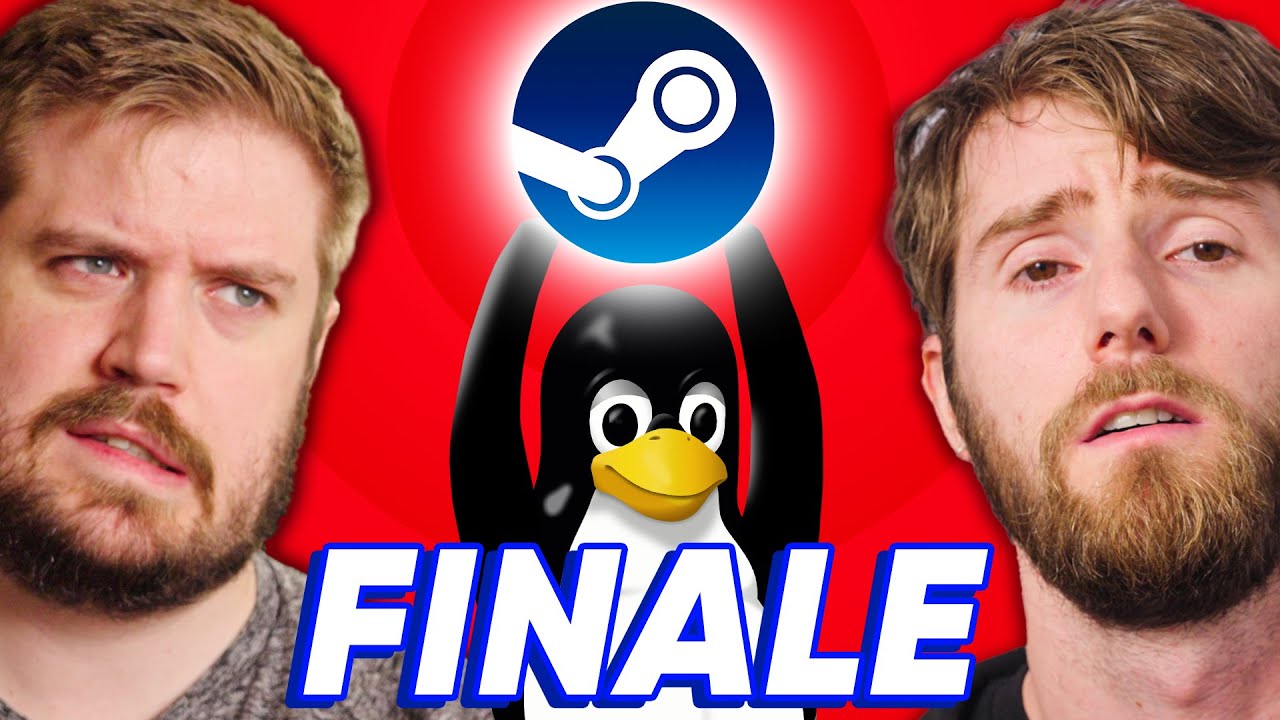Visit https://www.squarespace.com/LTT and use offer code LTT for 10% offTry your first eSIM with Airalo at https://lmg.gg/AiraloIt's been a month of Luke and...
You must log in or register to comment.
From Wikipedia, the free encyclopedia
Linux is a family of open source Unix-like operating systems based on the Linux kernel, an operating system kernel first released on September 17, 1991 by Linus Torvalds. Linux is typically packaged in a Linux distribution (or distro for short).
Distributions include the Linux kernel and supporting system software and libraries, many of which are provided by the GNU Project. Many Linux distributions use the word “Linux” in their name, but the Free Software Foundation uses the name GNU/Linux to emphasize the importance of GNU software, causing some controversy.
Rules
- Posts must be relevant to operating systems running the Linux kernel. GNU/Linux or otherwise.
- No misinformation
- No NSFW content
- No hate speech, bigotry, etc
Related Communities
Community icon by Alpár-Etele Méder, licensed under CC BY 3.0
- 0 users online
- 5 users / day
- 20 users / week
- 27 users / month
- 16 users / 6 months
- 20 subscribers
- 684 Posts
- 1.7K Comments
- Modlog



I think the famous phrase “It’s not a bug, it’s a feature” applies.
I’ve been using linux since the 90s. Over the decades, the distribution people generally use has changed, as well as the specific tools within each distribution.
If open source was a cathedral like closed source, the market dynamic would be gone. Nobody would have moved from redhat to mandrake, from mandrake to ubuntu, from ubuntu to the latest distributions. Nobody would move between different desktop environments or window managers. Nobody would choose between different APIs to select the best ones for them.
The thing is, that cathedral often leads to stagnation. Sure, there’s only one choice so it’s straightforward, but there’s only one choice so if they don’t do the things you want or try new things then you’re stuck with what they gave you. That’s the Internet Explorer 6 problem.